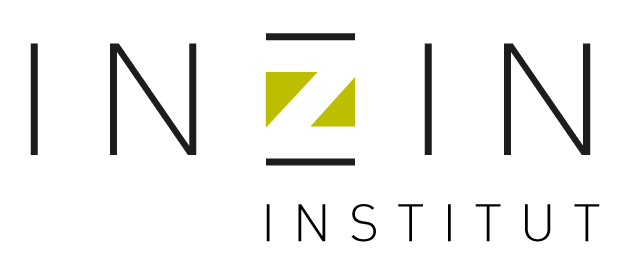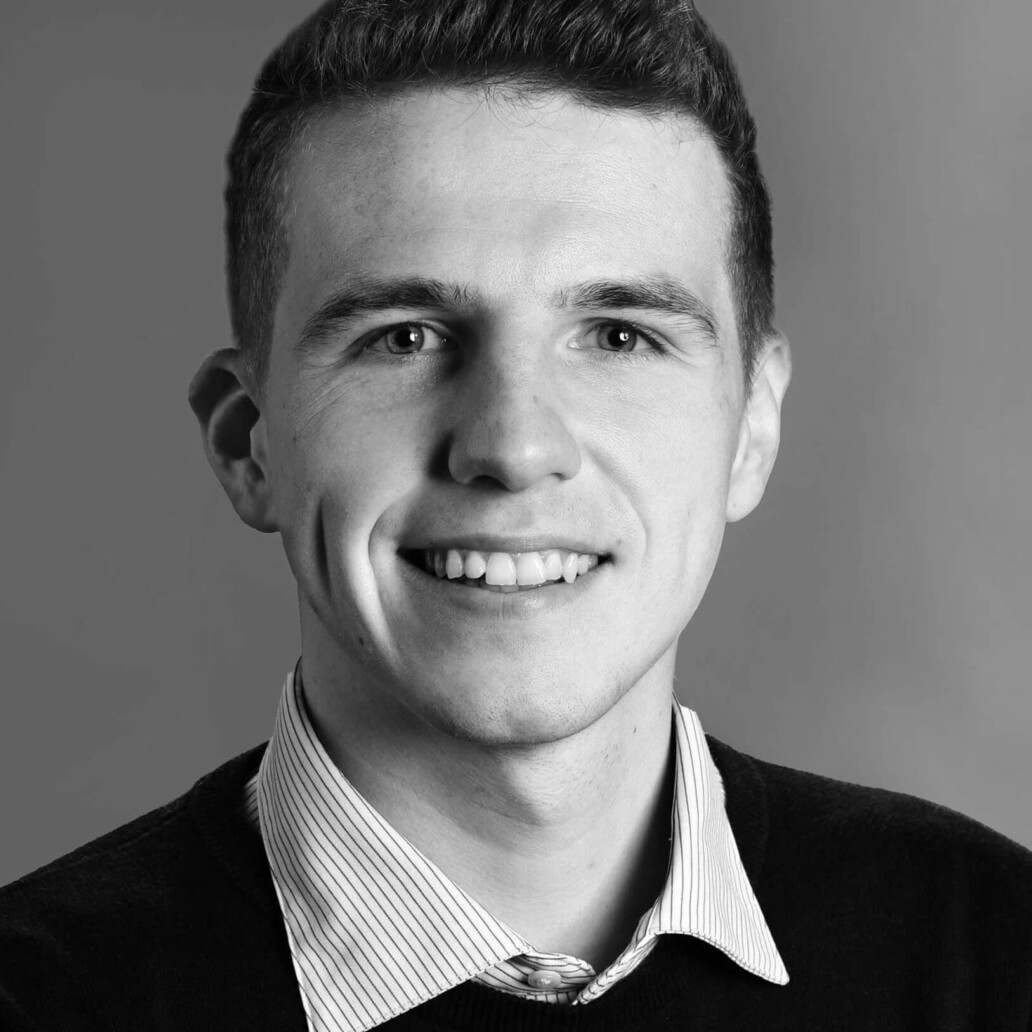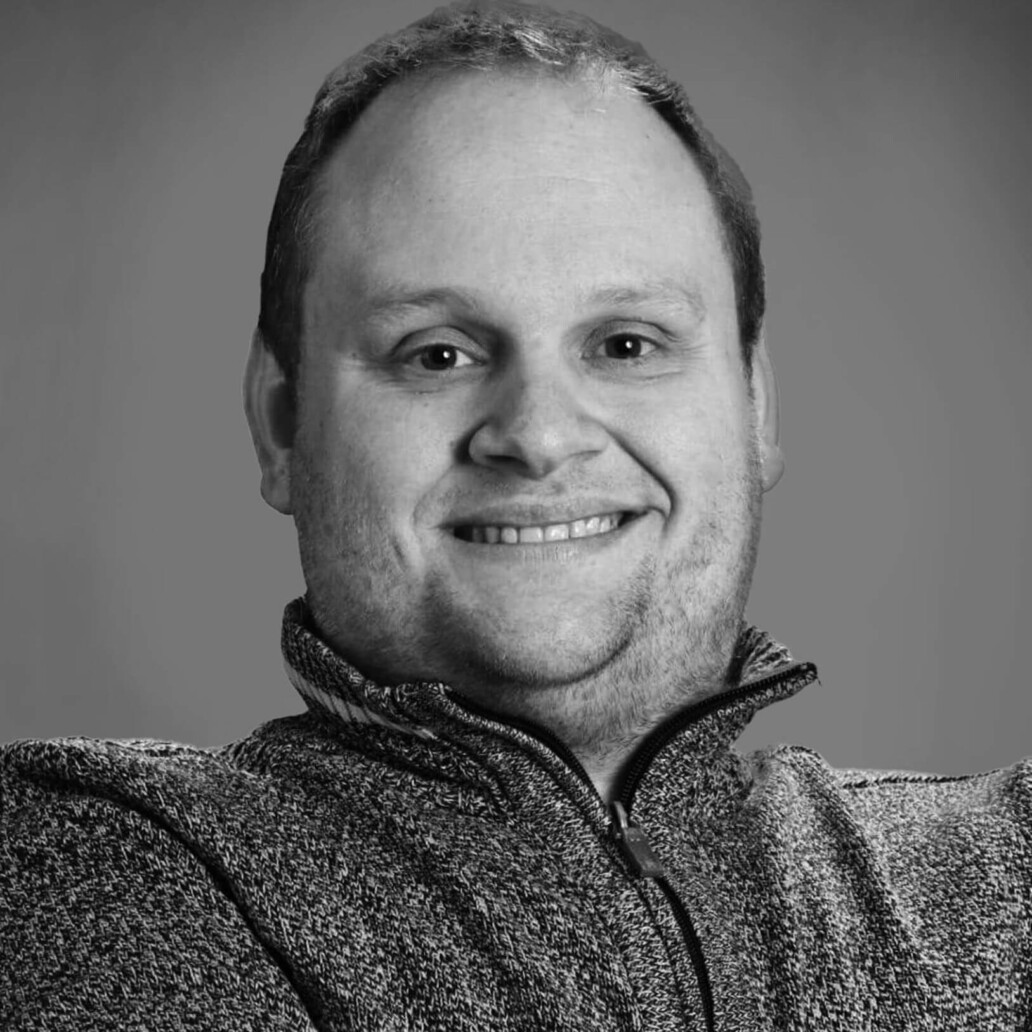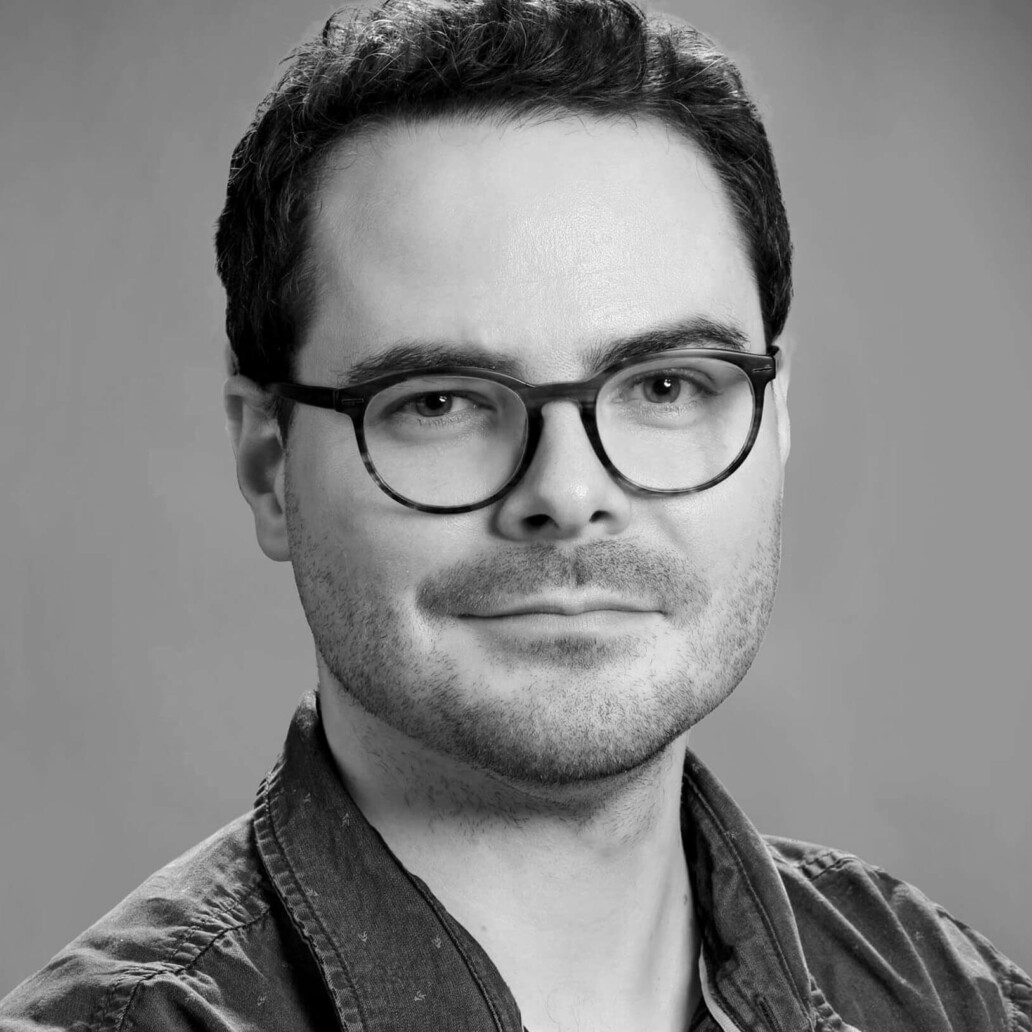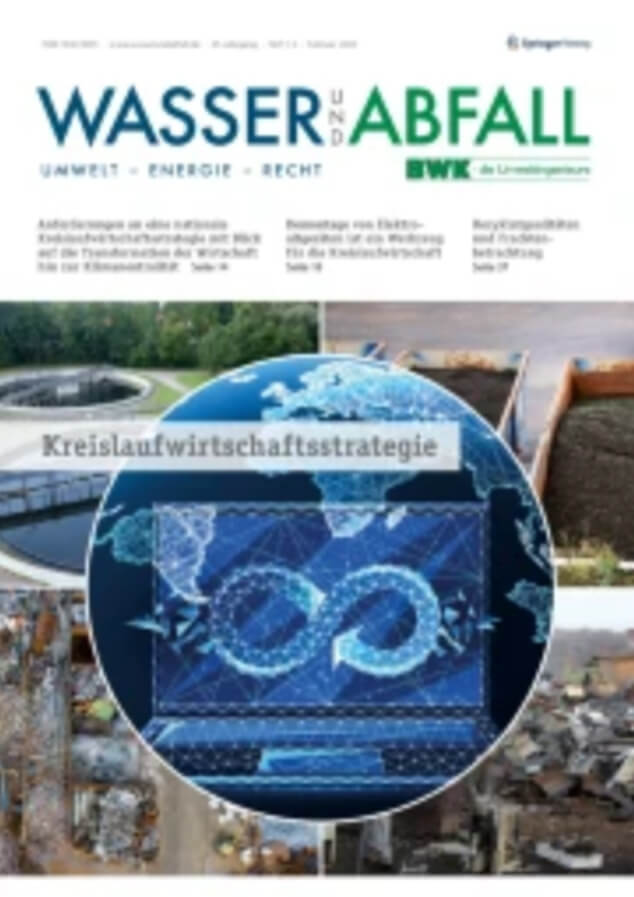Dominik Coquette
admin
Master of Science (M. Sc.) Mechanical Engineering, specialization in Energy and Process Engineering
Florianstraße 15 – 21
44139 Dortmund
Tel.: +49 152 5178 6053
E-mail: dominik.coquette(at)tu-dortmund.de
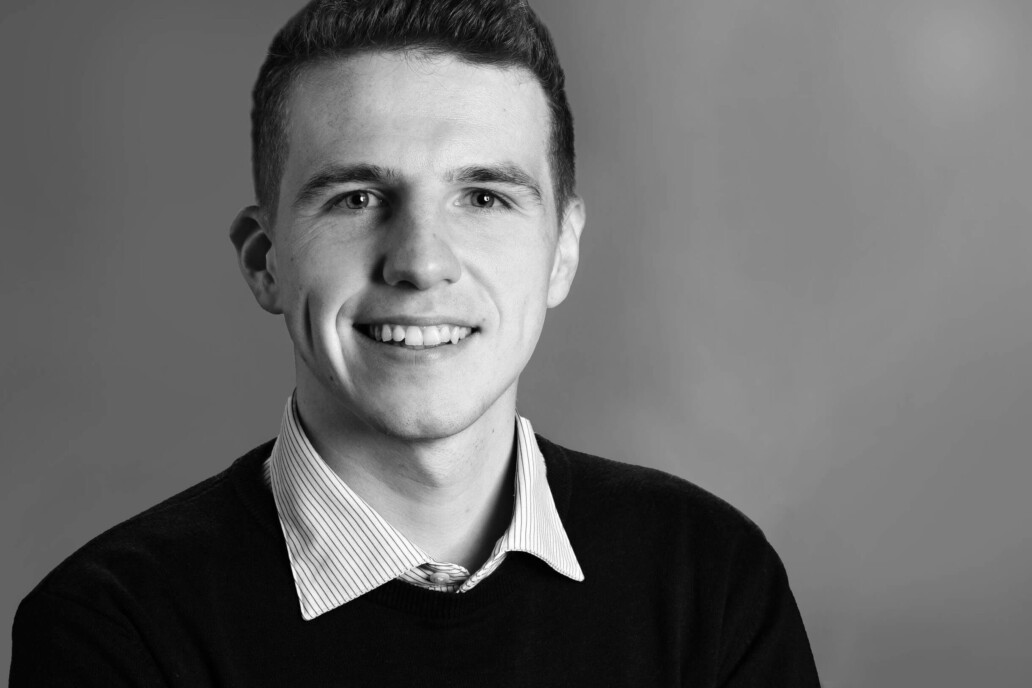
Vita
Dominik Coquette, born in Recklinghausen in 1995, has been working in Asset Management Gas at Westnetz GmbH since May 2019. He has also been a doctoral student at Prof. Dr. Martin Faulstich’s Chair of Resource and Energy Systems since January 2022. Mr. Coquette previously studied mechanical engineering at the Ruhr University Bochum, specializing in energy and process engineering. He focused on energy system considerations and energy storage technologies. He currently works on the integration of hydrogen in future energy networks.
Research topic
Supervision
First supervisor: Prof. Dr. Martin Faulstich, TU Dortmund University
Keywords
Hydrogen, energy infrastructure, GIS-supported planning
Caroline Andersen
admin
Master of Science (M.Sc.) Spatial Planning, specialization in Renewable Energies
Technical University of Dortmund
Faculty of Spatial Planning
Chair of Resource and Energy Systems
August-Schmidt-Str. 10
44221 Dortmund
Tel.: +49 231 755-2278
E-mail: caroline.andersen(at)tu-dortmund.de
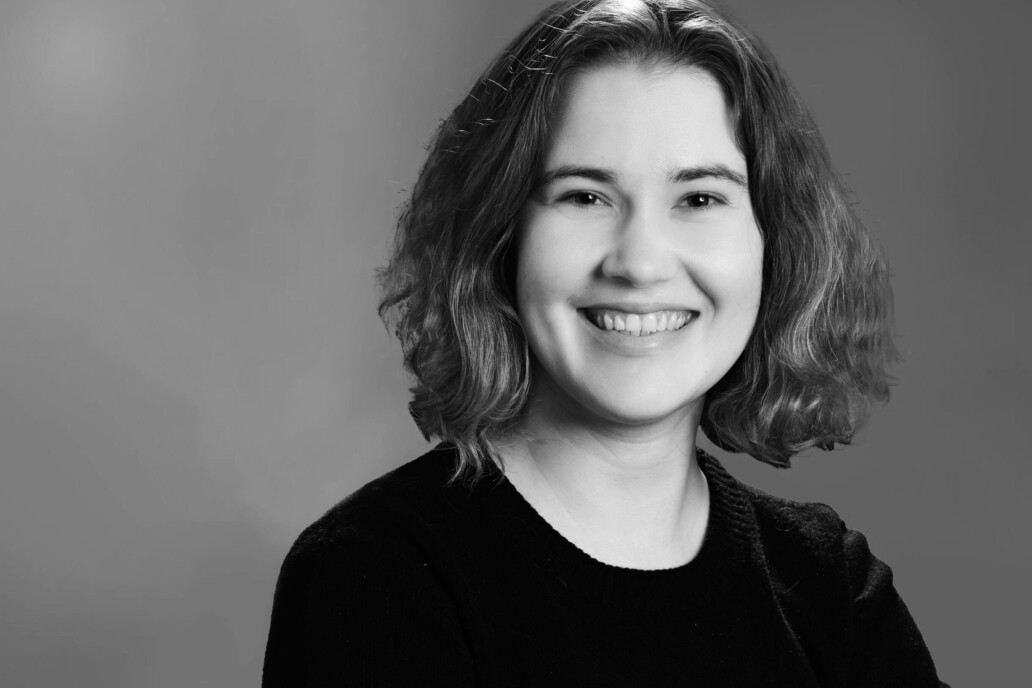
Vita
Caroline Andersen, born 1996 in Aachen, has been working as a research assistant at the Chair of Resource and Energy Systems at TU Dortmund University since July 2022. She previously studied spatial planning at TU Dortmund University and applied geography at RWTH Aachen University. She specialized in renewable energies and urban development. During her studies, she gained practical experience in strategic development planning and concept creation at NRW.URBAN and StädteRegion Aachen.
Research topic
Hydrogen is considered an important key component for the implementation of the energy transition and the process of energy system transformation. Spatial planning models and energy policy objectives must be taken into account for the successive development of regional hydrogen economies. In order to steer development in this direction and identify conflicts of use at an early stage, existing planning instruments must be adapted. Accordingly, a transferable evaluation procedure for the development of regional hydrogen infrastructures is being developed and applied.
Supervision
First supervisor: Prof. Dr. Martin Faulstich, TU Dortmund University
Place of doctorate: TU Dortmund
Keywords
Hydrogen infrastructure, energy system transformation, sustainable energy network planning
Julian Leber
admin
Master of Science (M.Sc.), Spatial Planning
Technical University of Dortmund
Faculty of Spatial Planning
Chair of Resource and Energy Systems
August-Schmidt-Str. 10
44221 Dortmund
Tel.: +49 231 755-7497
E-Mail: julian.leber(at)tu-dortmund.de
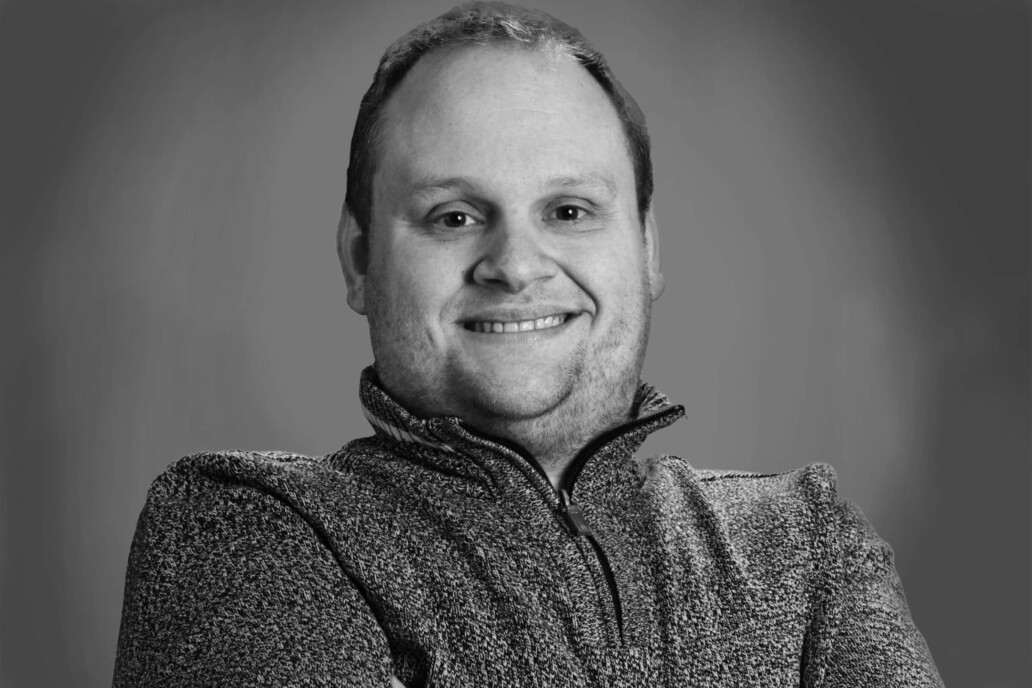
Vita
Julian Leber, born in Duisburg in 1989, has been working at the Chair of Resource and Energy Systems at the Faculty of Spatial Planning at TU Dortmund since April 2022, where he is responsible for coordinating teaching, among other things. He previously worked at the same faculty at the Chair of Landscape Ecology and Landscape Planning. After completing his studies in spatial planning at TU Dortmund University, he focused on the analysis and evaluation of open space provision and open space functions and the link between the areas of accessibility and open space and landscape planning. He also gained a lot of experience in university policy committees. During his studies, he gained practical experience at the City of Dortmund’s Disability Officer and at the STADTRAUMKONZEPT planning office.
Research topic
As a result of demographic ageing, the proportion of people with disabilities is also increasing. Older people and people with physical disabilities are also among the population groups that are particularly vulnerable to the effects of climate change on human health. Due to urban climatic effects, this problem is increasingly evident in urban regions. To a certain extent, open spaces can help to alleviate these problems, as they are highly relevant in terms of climate adaptation and also offer the population spaces for recreation and social interaction. The doctoral project will evaluate the extent to which the five district parks in the Ruhr metropolis are designed to be barrier-free as part of the “Future and Home: District Parks 2020” project. The aim of the research project is to ensure that the parks are accessible and usable for all groups of people in the future in line with the concept of inclusion.
Supervision
First supervisor: Prof. Dr. Dietwald Gruehn, TU Dortmund
Second supervisor: Prof. Dr. Martin Faulstich, TU Dortmund
Place of doctorate: TU Dortmund
Keywords
Accessibility, planning for the elderly, ecosystem services, climate adaptation, open space planning, demographic change
Oliver Huber
admin
M.Sc. Geography
Technical University of Dortmund
August-Schmidt-Str. 10
44221 Dortmund
Tel.: +49 231 755-6932
E-Mail: oliver.huber(at)tu-dortmund.de
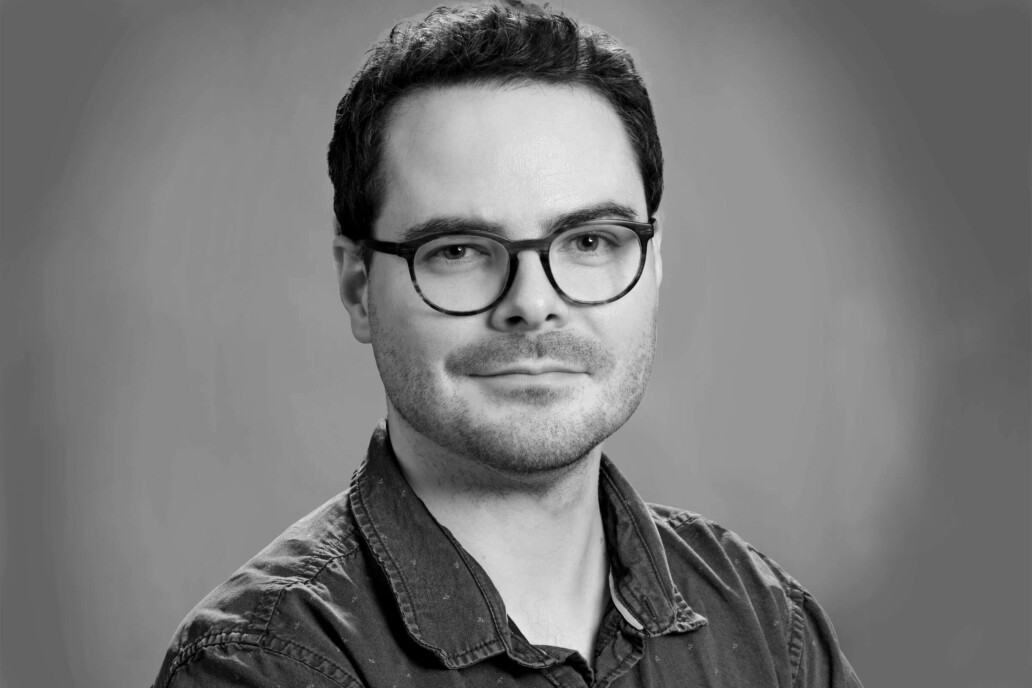
Vita
- Since 2017 Technical employee for traffic simulation and geodata management at the Faculty of Spatial Planning at TU Dortmund for the subject areas VPL and RES
- 2014 – 2017 Software developer at rku.it GmbH
- 2012 – 2014 Master’s degree in Geography at the Ruhr University Bochum Specialization in Geomatics, degree: Master of Science
- 2009 – 2012 Bachelor’s degree in Geography at the Ruhr University Bochum, degree: Bachelor of Science
Research topic
Urban heavy rainfall prevention in times of climate change and big data
Supervision
Prof. Dr. Matthias Kaiser und Prof. Dr. Martin Faulstich
Keywords
Geoinformation systems, urban heavy rain hazards
12th DGAW Scientific Congress
admin
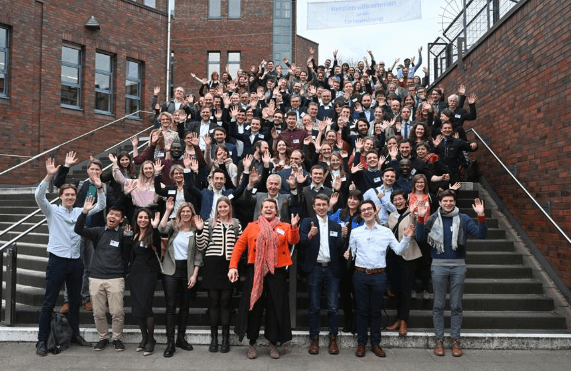
Photo: Ralf Breer
Resources, recycling and climate protection
12th DGAW Science Congress at TU Hamburg
On 9 and 10 March, the 12th Science Congress on Waste and Resource Management of the German Waste Management Association (DGAW) took place at the Technical University of Hamburg. The hosts, Prof. Kerstin Kuchta from the Institute of Circular Resource and Management (CREM) at TU Hamburg and Prof. Rüdiger Siechau from Stadtreinigung Hamburg, welcomed around 160 participants from Germany and Austria to the TU Hamburg campus. The congress is specifically aimed at young scientists.
In 20 lectures and 50 poster presentations, young researchers were able to present the latest results from their completed master’s theses and current dissertations. ‘Young people in particular are engaged in research with visionary and innovative questions and approaches, thereby making an important contribution to social development. Promoting young science is crucial to solving the global challenges ahead, especially in the areas of resources, recycling and climate protection,’ says Kuchta. The congress serves as a forum for the exchange of science and practice and promotes networking.
For more information, visit: https://www.dgaw.de/veranstaltung/wissenschaftskongress
Scientific Advisory Board
admin

Photo: Susann Steinke
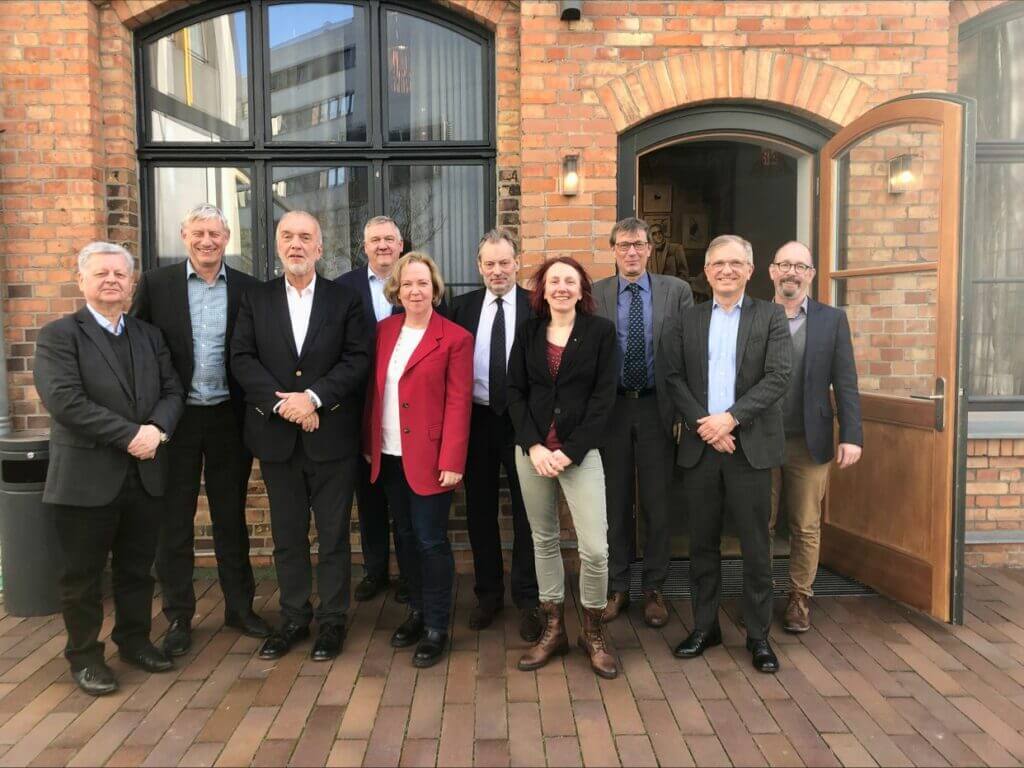
Photo: Karin Teichmann
Prof. Martin Faulstich appointed to the Scientific Advisory Board of TU-Campus EUREF gGmbH
The EUREF Campus Berlin is a unique real-world laboratory for the energy transition in Europe. Its goal is to further develop the climate-neutral, resource-efficient and intelligent city of tomorrow. Affiliated with the Technical University of Berlin, the campus is home to various companies and institutions as well as four master’s degree programmes.
TU-Campus EUREF gGmbH acts as the interface between science and research. Our CEO, Prof. Dr. Martin Faulstich, has been appointed to the Scientific Advisory Board of the non-profit limited liability company. The constituent meeting of the new advisory board took place on 2 March 2023 at the EUREF Campus.
Further information on the EUREF Campus is available here.
conservation of resources
admin
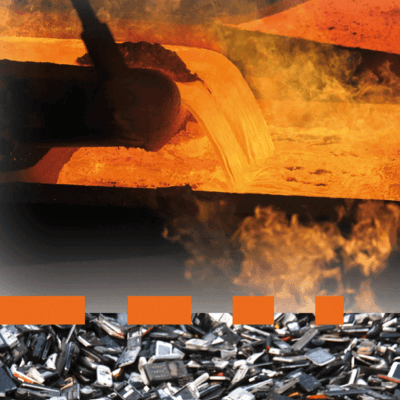
© Aurubis AG
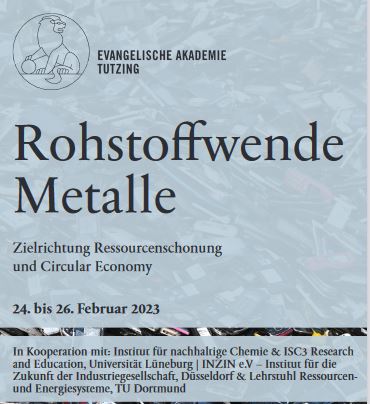
Focus on resource conservation and the circular economy 24–26 February 2023
Problems in global supply chains and concerns about the security of supply for technology metals are putting raw materials policy on the agenda. The announced European Critical Raw Materials Act and the planned national circular economy strategy are important next steps on the path to a sustainable raw materials policy.
In fact, it is about embarking on a fundamental shift in the use of raw materials, particularly metals. The scope of this shift is comparable to that of the energy transition, the mobility transition and the digital transformation. At the same time, it is a prerequisite for the success of these fundamental transformative changes. The emerging consensus is helpful in initiating this building block of the sustainability transformation: The sustainable use of metals – both base metals and technology metals – is a prerequisite for a socio-ecological transformation towards sustainability. A post-fossil era is possible, but a post-metallic era is not. It should be noted that the cost of extracting metals is rising – whether they are primary metals or recycled metals.
The raw materials transition is about
• a reduction in the absolute level of consumption of natural raw materials;
• the expansion of a metal recycling infrastructure and corresponding recycling clusters;
• the further development from a waste management-oriented circular economy to a circular economy;
• the social and ecological dimension of the raw materials transition in order to ensure resource justice and sustainability standards in raw materials supply chains;
• reliable data bases so that the unsustainable use of metals and their dissipative waste are recorded, as are advances towards improved recycling and resource conservation;
• alternative business models based on service and desired functions.
There is much talk of design for recycling, of considering the recyclability of metals from the outset. In fact, the functionalisation of metals must also be taken into account. The development dynamic towards ever greater mixing of metals can no longer be assumed to be expedient and always desirable. On the contrary: the question of functions must also be addressed.
We cordially invite all those interested in metals, those who work with metals and all those who are actively involved in initiating a raw materials transition to come to Tutzing for an exchange of ideas.
You are also cordially invited to attend the open conference section (see separate announcement). Welcome to Tutzing!
CONFERENCE TEAM
Prof. Dr. Martin Faulstich, Chair of Resource and Energy Systems, TU Dortmund University and INZIN e.V. – Institute for the Future of Industrial Society, Düsseldorf
Dr Martin Held, Protestant Academy Tutzing and Transformateure, Tutzing
Prof. Dr Klaus Kümmerer, Institute for Sustainable Chemistry, University of Lüneburg and Research and Education Hub, International Sustainable Chemistry Collaborative Centre (ISC3), Bonn
Further information about the event can be found here.
Circular B2B electronics
admin
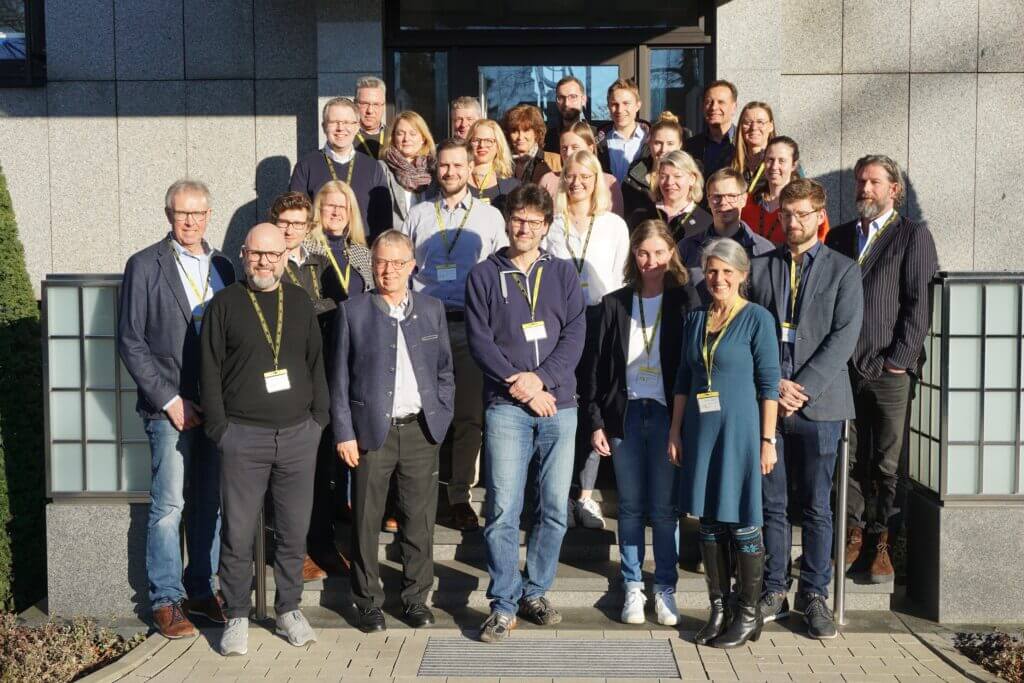
© HARTING Technologiegruppe
3rd meeting of the ‘Circular B2B Electronics’ exchange platform at HARTING
On 14 February 2023, our colleague Dr. Ewa Harlacz and our scholarship holder Jule Jeschonowski-Papstein attended the third meeting of the exchange platform. ‘Circular B2B Electronics’. The network meeting was hosted by HARTING. A total of 28 representatives from manufacturers, waste disposal companies, universities and research institutions, networks and associations from the region and North Rhine-Westphalia, as well as the North Rhine-Westphalia Ministry of the Environment and Ministry of Economic Affairs, took part in the network meeting.
A tour of the waste management facilities in Espelkamp and the Hennemann recycling company was followed by keynote speeches and joint discussions. The focus was on the question of how materials, electronic components and products from the business-to-business sector can be managed more effectively in cycles in the future and thus used more economically and efficiently.
We would like to thank you for the exciting discussions and look forward to the next event.
Decarbonisation
admin
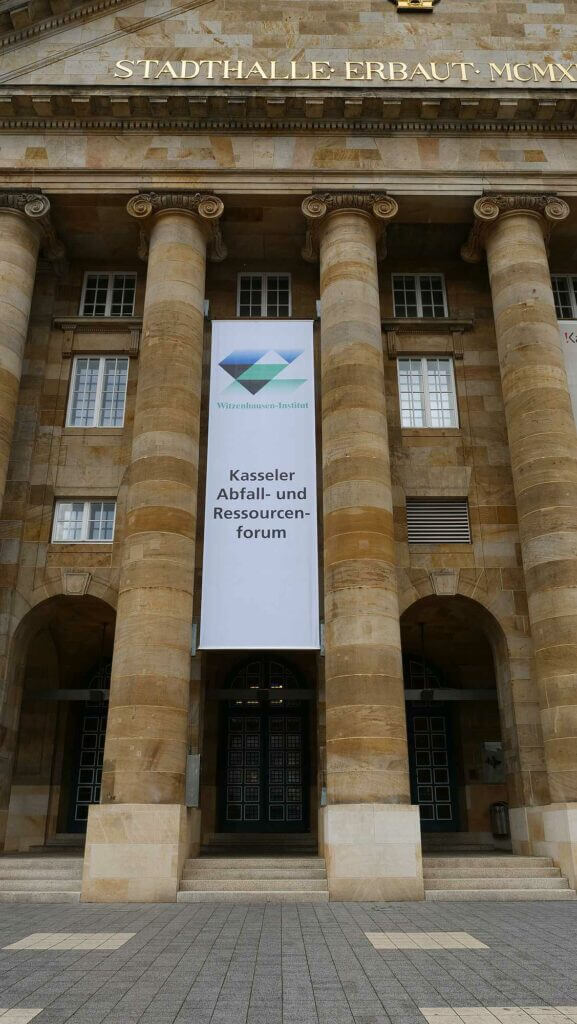
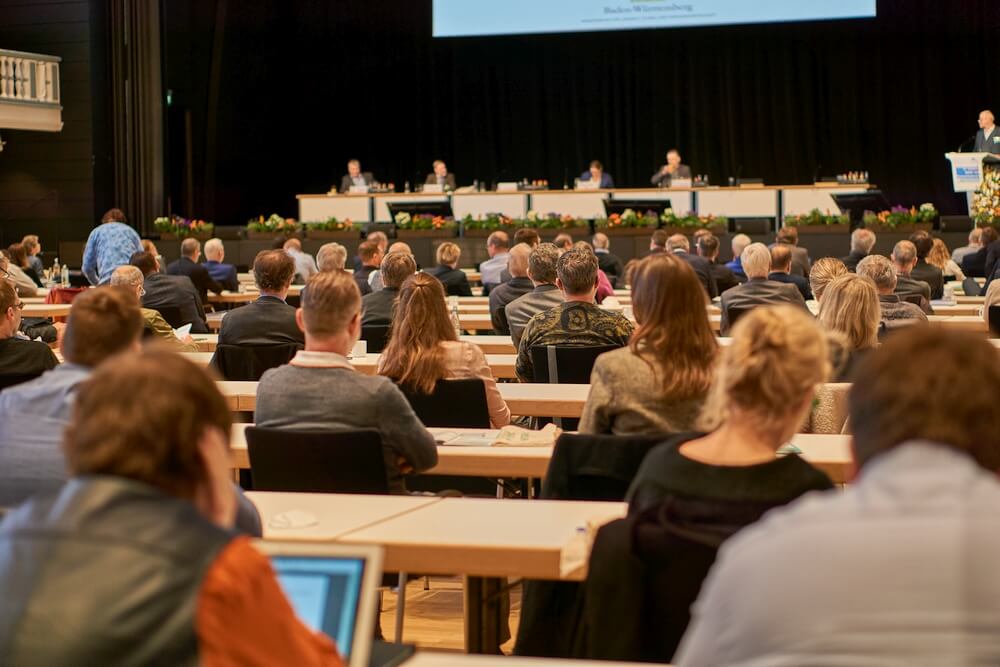
© Witzenhausen-Institut GmbH
Prof. Martin Faulstich moderates panel on decarbonisation at the 34th Kassel Waste and Resources Forum
From 18 to 20 April 2023, the 34th Kassel Waste and Resources Forum will take place at the Kongress Palais in Kassel. On 18 April 2023, Professor Faulstich will moderate a panel discussion on climate neutrality in 2045 and decarbonisation from an economic perspective.
Further information about the event and registration can be found here.
